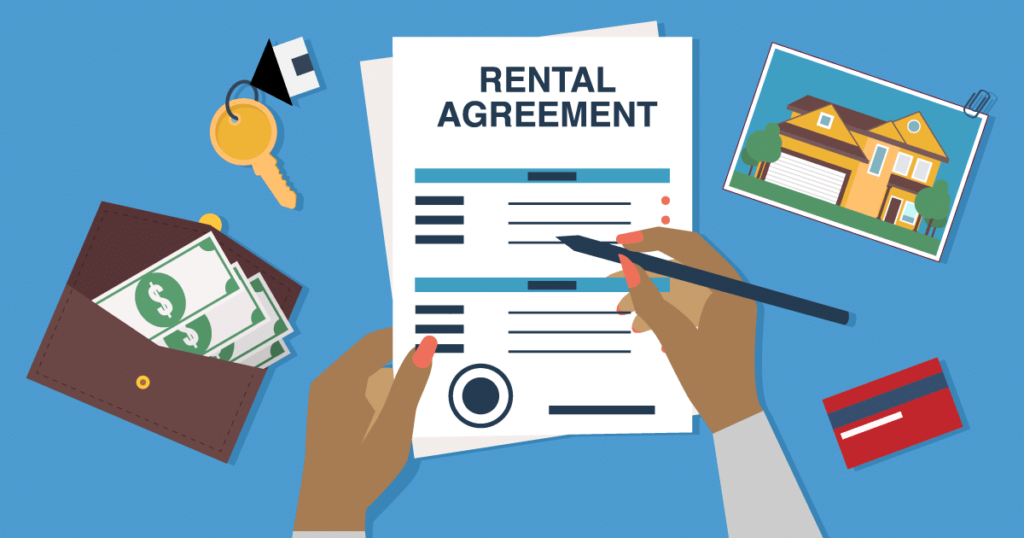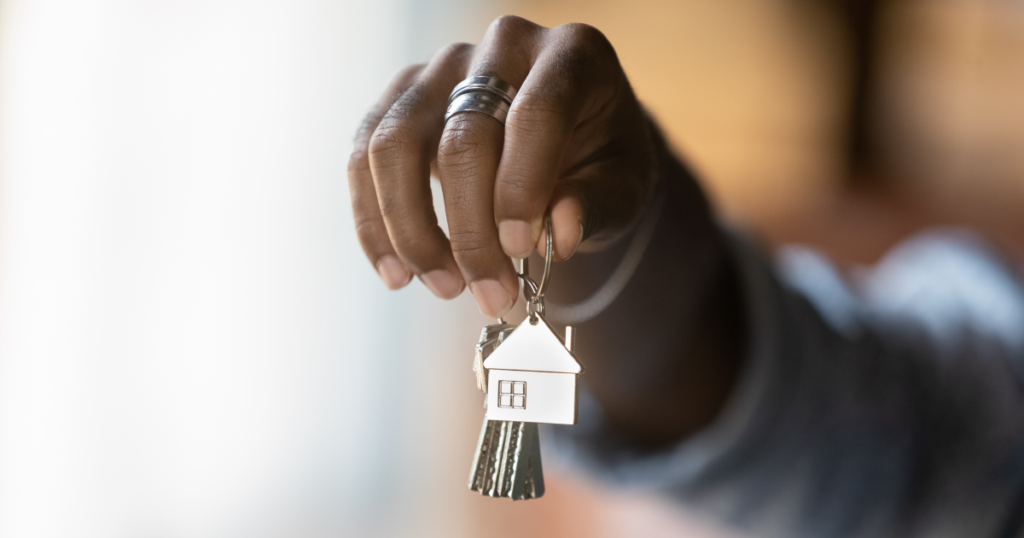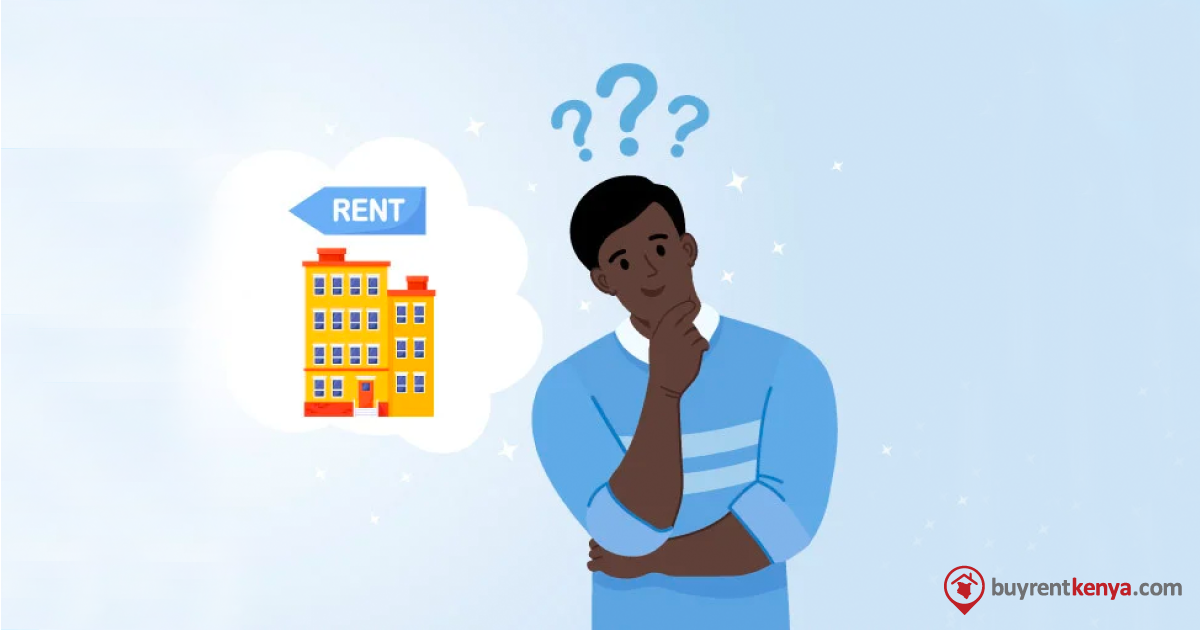The inflation rate in Kenya has hit 9.0% as of 31st January 2023. As prices of commodities continue to rise, determining how much you should spend on rent can be difficult. Rent is often the largest monthly expense for many people, and it’s essential to understand how much you can afford to spend on it. This will ensure that you do not end up compromising your other financial goals. It is also important to know that everyone’s financial situation is different. A well-thought-out budget can however ensure that you live comfortably while saving for your future.
Even before you start browsing rental listings, you should have a good idea of what you can reasonably afford. In this blog, we explore the factors to consider when determining how much to spend on rent. We also provide recommendations on what a reasonable rental budget might look like, and offer tips for finding affordable housing.
Table of Contents
How Much Rent Should You Pay?
The 30% rule is the standard rule of thumb for determining how much rent you can afford. According to this rule, you should spend 30% of your net monthly income on housing costs.
Most economists agree that the 30% rule is a helpful strategy to guide you in allocating funds for different expenses at the household level.
This however does not apply to everybody as there are different factors that one needs to consider before determining how much one needs to pay for rent.

Factors to Consider When Determining Rental Budget in Kenya
When determining a rental budget, it is important to consider several factors to ensure that you are able to afford the rental and still maintain a comfortable lifestyle. These factors include:
- Income: This is one of the most important factors to consider. Your income determines how much you can afford to pay for rent each month. You should make sure that your monthly rent payment is less than or equal to 30% of your monthly income.
For example
If you have a monthly income of Ksh 30,000, you should spend anywhere between Ksh 4,500 to 9,000 on rent.
If your income is Ksh 100,000, you should spend anywhere between Ksh 15,000 to 30,000 on rent.
Depending on your monthly expenses, you can decide to spend on the lower or higher suggested rent.
- Living expenses: In addition to rent, you will have other living expenses. This includes all of your regular monthly expenses such as food, utilities, transportation, and insurance. Before deciding on a rental budget, it’s essential to have a good understanding of your overall monthly expenses. This will ensure that you can afford your rent while still being able to pay for other necessities.
- Savings goals: If you have any short or long-term savings goals, such as buying a home or starting a business, it’s important to factor these into your rental budget as well.
- Location: The cost of living and rental prices can vary greatly depending on where you live. For example, rent in a city like Nairobi, is likely to be higher than in the outskirts, such as Syokimau, Athi River . When deciding on a budget, research the rental market in the area you’re considering. Be aware of average rental prices for the type of apartment or house you’re interested in.
- Amenities: Do you want a luxurious apartment with extra amenities like a gym, and pool? Or are you willing to compromise for a lower rent price? Consider what amenities are important to you, and factor this into your budget.
Whatever your income, you can use this 30% rule to determine how much you should spend on rent.
By taking these factors into account, you can find a rental that fits within your financial means. This will allow you to comfortably afford rent while still being able to meet your other financial obligations.

Tips For Finding Affordable Housing
Here are some tips for finding affordable housing:
- Research different neighborhoods: Consider looking for housing in less expensive areas
- Determine your priorities: You may consider getting a house in areas that are close to your work or school. This can be a compromise to save money and time on transport or live slightly further and pay less rent.
- Utilize online resources: Use websites such as BuyRentKenya to search for available rentals and compare prices in different areas.
- Consider a roommate: Sharing a rental with one or more people can help lower your monthly housing costs.
- Negotiate with landlords: If you are interested in a rental property, try negotiating with the landlord to see if they will offer any discounts or incentives. Here are some tips to negotiate rent with your landlord.
- Utilize community resources: Instead of getting an apartment with additional amenities like a gym and pool. Consider looking at the community-based organizations (CBO’s) that could be providing these resources at a lower fee and access them there to lower your rent.

In Conclusion,
Determining a rental budget in Kenya requires careful consideration of several factors. These include income, living expenses, savings goals, location, and amenities. By understanding your financial situation and taking the time to research different rental options, you can find an affordable housing solution that meets your needs and allows you to live comfortably while still being able to save for the future. Utilizing the 30% rule, researching different neighborhoods, utilizing online resources, considering a roommate, negotiating with landlords, and utilizing community resources can all help you find the right rental at a price that works for you.



